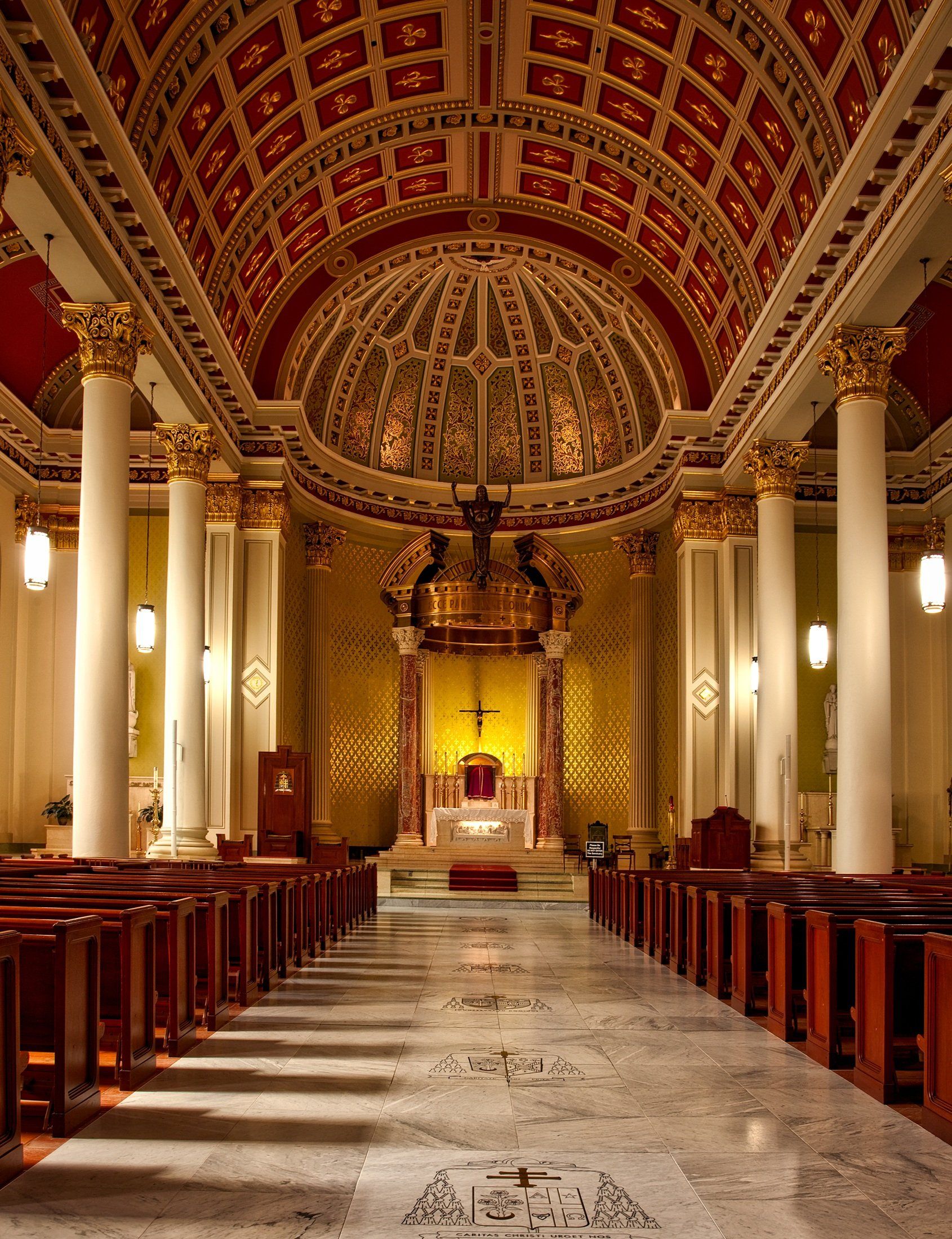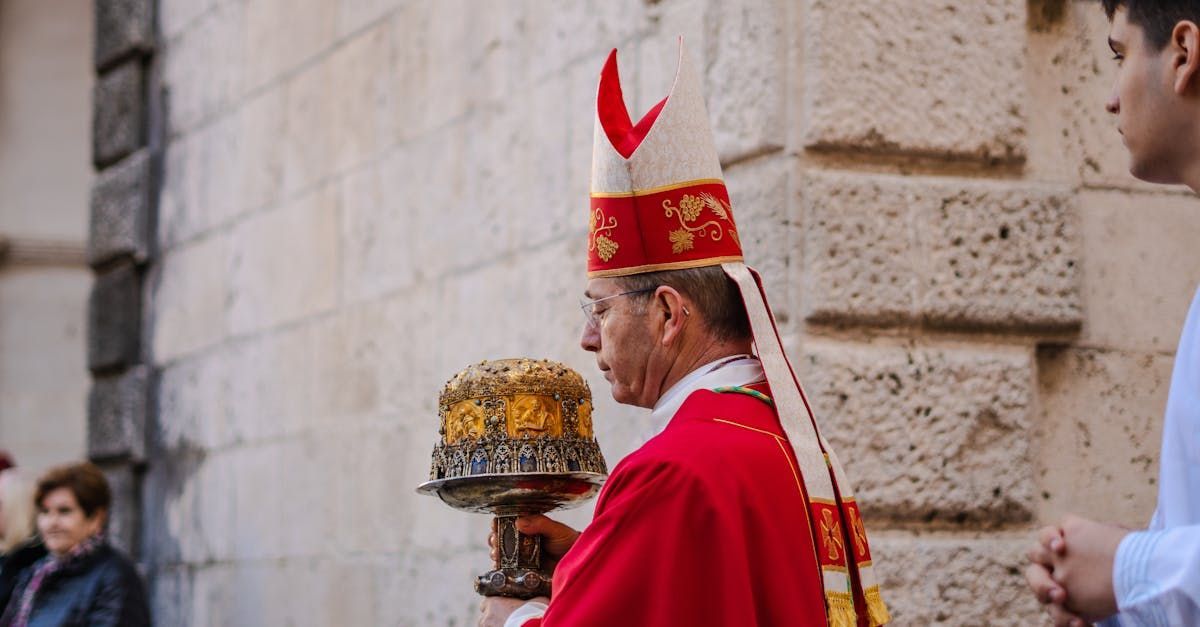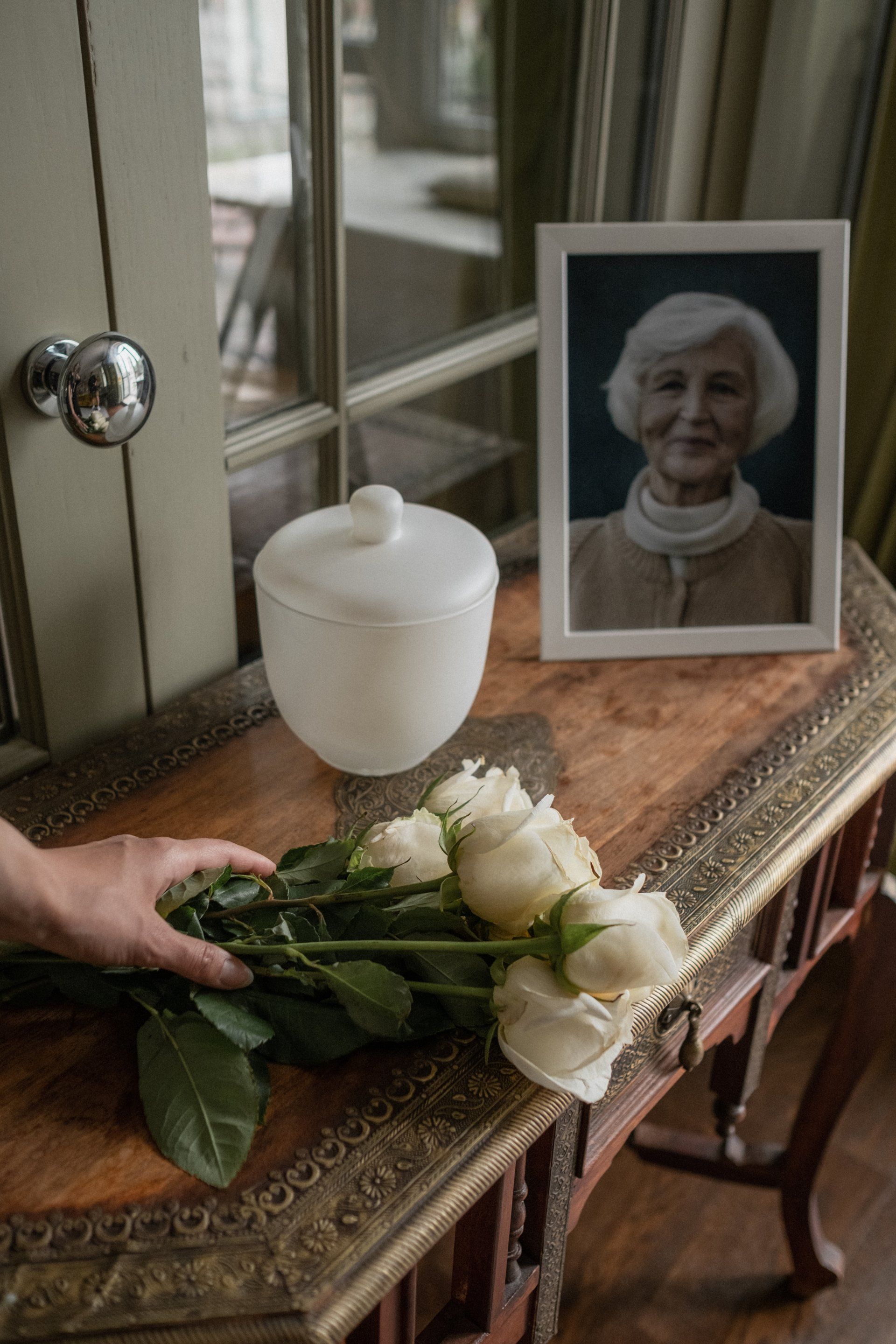Estás a punto de morir
Al comenzar la celebración del tiempo de Adviento, entramos en un nuevo año litúrgico. Cuando pensamos en la preparación para la Navidad, nos vienen a la mente pensamientos de decorar con alegría nuestros hogares y prepararnos para recibir visitas y familiares. Pero la realidad es bastante diferente, ¿no? En esta época del año puede ser inquietante comprar regalos, asegurarse de que todo sea perfecto para recibir invitados y de hacer que todas las fiestas y eventos navideños sean significativos. Estas dos realidades parecen a primera vista opuestas. ¿Cómo pueden convivir la alegría y la ansiedad?
En nuestro Evangelio de hoy, vemos realidades igualmente opuestas. Para lo que se supone que es una época alegre del año, este pasaje del Evangelio parece fuera de lugar. Hablando de la venida del Hijo del Hombre para juzgar la tierra, Nuestro Señor habla de señales terribles y eventos espantosos. Sin embargo, también debemos tener gozosa esperanza en la venida del reino de Dios y el juicio de la tierra. Diariamente oramos: «Venga tu reino». Y en esta temporada de Adviento decimos: «Ven, Señor Jesús, y no te detengas». Al mismo tiempo, ¿nos referimos a estas solicitudes cuando las expresamos? ¿Vienen de nuestro corazón?
El Catecismo de la Iglesia Católica nos recuerda el enfoque de la Iglesia para el Adviento: «Cuando la Iglesia celebra la liturgia del Adviento cada año, hace presente esta ... expectativa del Mesías, porque al participar en la larga preparación para la primera venida del Salvador, los fieles renuevan su ardiente deseo de su segunda venida» (524). Juntos, entonces, todos los miembros de la Iglesia entran en un retiro de Adviento para que, preparándonos bien para las fiestas de Navidad, también estemos mejor preparados para su Segunda Venida. Pero muchos pueden decir: «Padre, ¡Cristo no ha vuelto en más de dos mil años! No volverá mañana ni la semana que viene». Bien vale. Ésta es nuestra tendencia, ¿no? Procrastinamos en términos de conversión. Necesito una vida espiritual más profunda; pero puedo trabajar en eso una vez que los niños estén fuera de la casa. Necesito prepararme mejor espiritualmente para asistir a la Misa; pero tendré tiempo para eso cuando esté jubilado. Necesito leer más la Biblia y estudiar mi fe; pero puedo hacer eso una vez que la Cuaresma esté aquí. Y tal vez el Señor no regrese hasta dentro de dos mil años. Así que los invito a todos a pensar en el mandato urgente de nuestro Señor de prepararnos un poco diferente. ¿Cómo te prepararías si supieras que vas a morir este Adviento? ...
¿En qué te concentrarías si supieras que este es tu último Adviento? …
¿Profundizaríamos nuestra vida de oración? ¿Perdonaríamos a alguien que nos hirió? ¿Nos reconciliaríamos con un miembro de la familia? Recuerda, no tendremos más tiempo. Este es nuestro último Adviento. Y luego morimos.
Nuestro Señor nos da tres cosas para evitar y una forma de prepararnos. Dice en el Evangelio evitar el libertinaje, la borrachera y las preocupaciones diarias de la vida. Es decir, debemos evitar el exceso en los placeres de la carne y del mundo. Nuestro Señor dice que el día de su venida, debemos mirar hacia arriba porque nuestra redención está cerca. Con demasiada frecuencia no somos personas que miramos hacia arriba, sino hacia los bienes mundanos y nuestros propios placeres. Cuando llegue el momento de nuestra redención, debemos haber practicado el desapego a estos placeres para que podamos fácilmente mirar hacia arriba y alejarnos de ellos hacia el Señor.
Uno de los excesos que destaca es la borrachera. La embriaguez nos hace perder el uso de nuestra razón y poder para tomar decisiones sabiamente. Si bien todo pecado es irracional, el pecado de la borrachera es un pecado mortal. Es la elección de inhibir nuestro intelecto y debilitar nuestra voluntad. Después de años de ver anuncios y comerciales, sabemos que beber y conducir es muy serio. Pero San Pablo y toda la tradición moral de la Iglesia siempre han declarado que es un pecado grave incluso emborracharse solo en la propia casa. Algunos intentarán exagerar sus acciones diciendo: «Bebí demasiado». Desafortunadamente, en la vida moral, somos culpables de pecado mortal cuando estamos borrachos, y somos moralmente responsables de cada acción y palabra que provenga de nosotros durante ese estupor. Abstengámonos de la embriaguez, no sea que encontremos a nuestro Hacedor sin las facultades para hacer un acto de contrición y arrepentimiento.
En tercer lugar, Nuestro Señor nos dice que tengamos cuidado con las preocupaciones diarias de la vida. Y lo difícil que es dejar ir la ansiedad y la preocupación que cargamos a diario. Las cosas que nos preocupan son las cosas que amamos: nuestra familia, hogares, trabajo, planes futuros, amigos, vida espiritual. Y por mucho que podamos cultivar estas cosas buenas, Nuestro Señor incluso quiere que estemos listos para volvernos de esas cosas hermosas hacia Él en el día de la redención. Tendremos que dejar ir y estar solo acerca de Cristo. Recuerda nuestro tema de meditación: vamos a morir este Adviento. Teniendo esto en cuenta, muchas de nuestras preocupaciones podemos darnos cuenta de que son triviales en comparación con el reencuentro con nosotros mismos para encontrarnos con Cristo el Señor.
Finalmente, Cristo nos dice que mantengamos la vigilia y oremos. Ahora estamos acostumbrados al ayuno. Estamos familiarizados con abstenernos de comer una cantidad completa para hacer penitencia y crecer en virtud. Pero hay otros consuelos que pueden apartarnos del Señor. Eso es demasiado tiempo para dormir y descansar. Su remedio es vigilar y rezar. Este comando nos llega en un buen momento porque este próximo viernes y sábado es el primer viernes y sábado del mes de diciembre. Esto significa que toda la noche tendremos al Santísimo Sacramento expuesto para la Adoración Eucarística. Desde las ocho de la tarde hasta las dos de la mañana, habrá un programa oficial de vigilia en español e inglés. Esto se hace todos los meses el primer viernes y sábado consecutivo para las familias que desean responder al mandato del Señor y mantener la vigilia. ¡Esto nos hace fuertes! En otra parte de Lucas, nuestro Señor dijo, si el hombre fuerte hubiera sabido la hora en que venía el ladrón, se habría quedado despierto y vigilado su casa. Desde los primeros días, los cristianos de conciencia recta han desarrollado formas y devociones para ayudarlos a mantener la vigilia y la oración en común. Esto no es solo para las comunidades monásticas; es un mandato para todos nosotros. Los invito a todos a participar durante la totalidad o parte de la vigilia del primer viernes y el primer sábado de cada mes.
Diariamente le pedimos a nuestro Padre: «Venga tu reino». En esta temporada de Adviento decimos: «Señor, no te demores». En nuestra preparación para esta temporada de Adviento, a la que quizás no sobrevivamos, debemos mirarnos en el espejo y decirnos a nosotros mismos: «¡No te demores!» No debemos esperar un día más para preparar nuestro corazón para la venida de Dios. No nos demoremos.
Pastor's Ponderings












